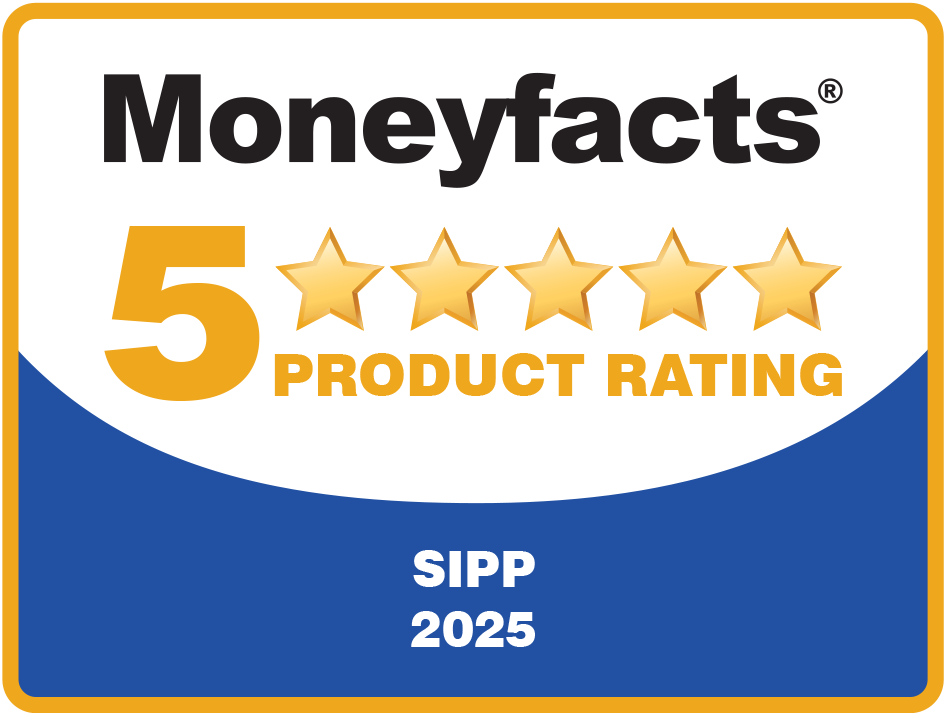What does 2019 have in store for the SIPP market?
2018 was a fascinating year for SIPP providers and the wider sector.
Unfortunately, the fallout from historically poor decision making by some SIPP providers continues. The issues facing high-profile SIPP providers might not immediately affect your clients, however, they do represent a reputational threat to the sector. Furthermore, in time, the possibility of compensation pay outs to consumers may also affect the profitability of your business as FSCS and FOS levies are almost certain to rise.
Regulatory attention
The FCA’s “Dear CEO” letter of 30th October 2018, clearly shows they plan to take a greater interest in the sector following the Berkeley Burke decision. It put SIPP providers on notice that: “If the outcome of any of these cases calls into question your firm’s ability both now and in the future to meet its financial commitments as they fall due, you must notify the FCA immediately.”
The letter continues: “We recognise that if a firm may not be able to meet its financial commitments, it may be in the interests of some of its customers for part or all of its business to be sold to another firm.”
The implications for advisers and their clients are clear; recommend well-capitalised SIPP providers, which don’t have a book of potentially toxic investments to clean up.
SIPP due diligence
We hope we’ll continue to see greater emphasis placed on factors beyond simply analysing fee structures. Never has it been more important to understand the SIPP provider’s business model, whether they have previously worked with non-regulated introducers, their attitude toward defined benefit transfers and profitability, before making your recommendation.
We also encourage advisers to dig deeper into a SIPP providers finances to understand how they meet their capital adequacy requirements. The difference between using Tier 1 and 2 capital is significant and important to understand.
The wider sector
Of course, SIPPs are affected by wider changes to pension legislation, of which there have been mercifully few in recent times. We’ve followed the same pattern over the past few years; speculation about further tax raids reaches fever pitch before every Budget, to immediately fall away as the Chancellor grants another stay of execution.
Will that continue? Frankly, your guess is as good as ours.
The government is focused on delivering Brexit and has little time to consider significant legislative changes in the short term. However, if the economy takes a turn for the worse, the Chancellor may feel the need to follow his predecessors and return to pensions for another slice of the pie.
If that happens, we might see, further cuts to the Annual Allowance and Lifetime Allowance. In the longer term, we might also see the introduction of a system of flat-rate tax relief, although this is far harder to achieve than many of its supporters readily admit.
Our wish list of changes would include:
- The removal of the tapering of the Annual Allowance; it significantly impacts on the amount high earners can save for retirement and introduces massive complexity
- An end to the Lifetime Allowance; it’s horribly complex and the range of protections (also equally impenetrable to the average investor) mean the amount of tax raised is limited anyway; in 2016/17 the Lifetime Allowance raised just £102 million (Source: HMRC / FT Adviser) small change compared to the £41 billion spent on pension tax-relief (Source: HMRC / FT Adviser).
We’d love to see the allowance scrapped altogether, something we know is unlikely, but we can live in hope!
- The removal of the ‘buddy’ system for people who wish to transfer benefits from a pension arrangement which has a higher PCLS entitlement than 25% and effectively means members must move as a group.
- An end to the rules which prevent partial transfers for people in drawdown, they are outdated and contrary to the spirit of pension freedom.
One thing firmly on the agenda in 2019 though is Automatic Enrolment.
April will see contributions from both employers and employees rise a final time (for now at least). Furthermore, many businesses are approaching the third anniversary of their staging date. This means people who previously opted out of the scheme are automatically re-enrolled.
For many, this will be a timely nudge to reconsider their retirement provision. For others, who have reduced Annual Allowances or protection from the Lifetime Allowance preventing them from accruing future pension benefits, being re-enrolled and failing to opt out (something easily overlooked) could have significant unintended consequences.
If needed, it’s another example of where financial advisers will add significant value to their clients, preventing them from making potentially costly mistakes.
We are excited about 2019 and wish you well for the year ahead.
As always, we are here and ready to discuss your SIPP enquiries, whether it’s a specific case you would like to chat through, or you have a technical question we can help with, just pick up the phone or drop us a line.



